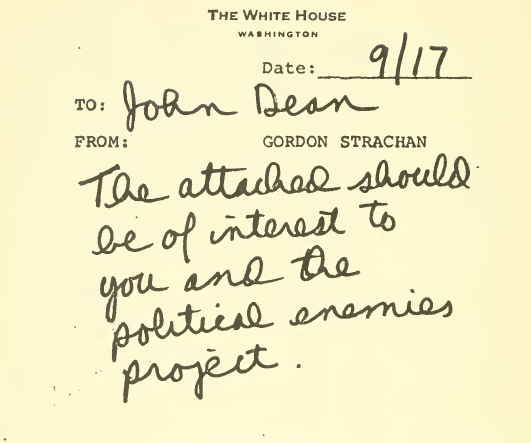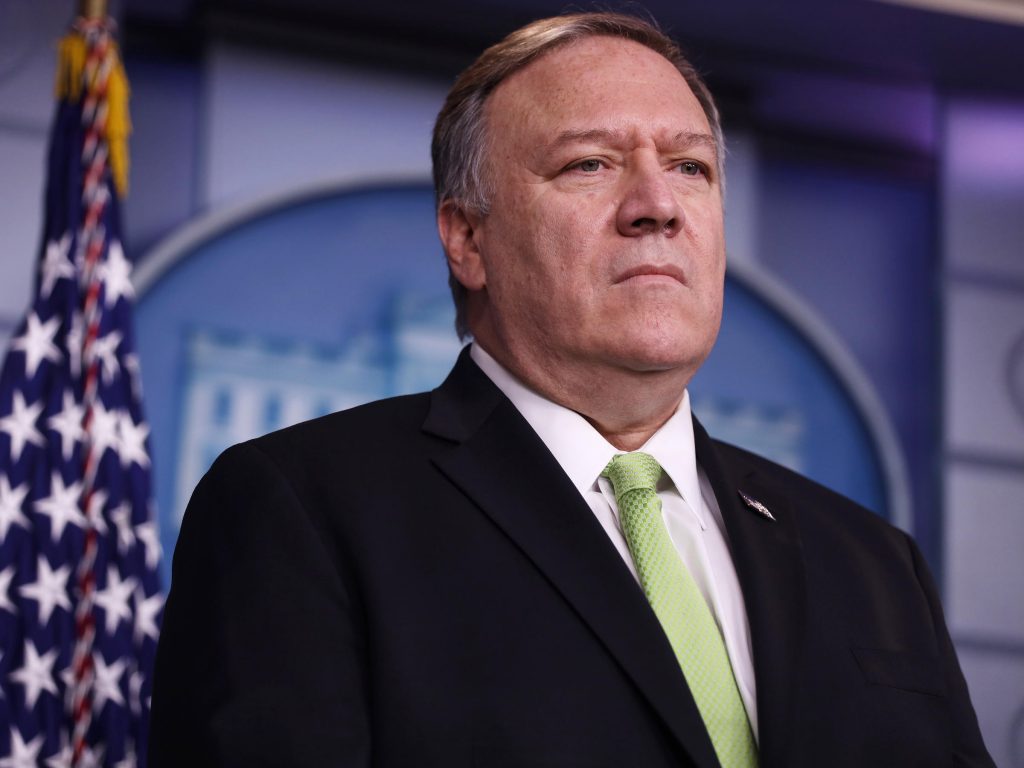Jim Lehrer, the old school journalist who helped invent a sane and sober television news program on public television that he co-hosted for years with Robert MacNeil, died recently and his passing is a reminder of how imperiled the craft of gathering and reporting the news has become.
“I have an old-fashioned view that news is not a commodity,” Lehrer told The American Journalism Review in 2001. “News is information that’s required in a democratic society, and Thomas Jefferson said a democracy is dependent on an informed citizenry. That sounds corny, but I don’t care whether it sounds corny or not. It’s the truth.”

Long-time PBS journalist Jim Lehrer, a beacon of professionalism in a craft under assault
Lehrer’s death and his warning about the commodification of news ironically coincide with a sham impeachment trial in the Senate that featured the president’s defenders shamelessly repeating Russian propaganda. In the same period we’ve seen an attack by the secretary of state aimed at both the truth and a distinguished reporter for National Public Radio, the Fox News host Lou Dobbs bizarrely asserting that life-long Republican John Bolton is a tool of liberal Democrats and Senate leadership eliminating the long established practice that allowed reporters easy access to the senators in the Capitol.
Literally from its first day the Trump Administration has been at war with the truth, and with reporters and legitimate news organizations that try to discover the truth. It has been a systematic, unrelenting assault on a free press unprecedented in its scope and only rivaled by similar tactics employed by Richard Nixon a generation or more ago.
But where Nixon – and his later criminally implicated vice president Spiro Agnew – kept “enemies lists” and tried to use the Federal Communications Commission to intimidate broadcasters, Trump isn’t nearly as subtle. As always incendiary rhetoric is his weapon of choice, from calling out individual reporters by name to labeling any report critical of him “fake” and reducing journalists to “enemies of the people.”

Richard Nixon’s “enemies list” created a scandal when it came to light. Trump’s list is in plain sight
“It’s insidious, it’s aimed to intimidate, it’s a kind of dragging through the mud effort, a character assassination from as best as we can tell, and it’s alarming,” says Suzanne Nossel, the CEO of PEN America, a leading free speech and human rights group. Nossel was reacting to reports that Trump campaign operatives were determined to plant derogatory information about reporters deemed critical of the president with pro-Trump outlets.
“We need the press to do its job. We depend on them to hold politicians to account, to cover what’s going to be a very fractious campaign.”
Trump’s toxic treatment of reporters is clearly spreading. Republican Senator Martha McSally, one of this year’s endangered incumbents, recently called a CNN reporter “a liberal hack” after the reporter asked her a simple, straightforward question: should the Senate consider new information in the impeachment trial.
It wasn’t a “gotcha” question, wasn’t asked abusively and was completely legitimate. The encounter went viral, which may have been McSally’s motive, and within hours she was raising campaign cash based upon the phony courage standing up to a reporter with a microphone.
Idaho Senator Jim Risch has long had a contentious relationship with reporters, often popping off when he asked a question he’d rather not answer. “Oh, I don’t do interviews on any of that stuff,” Risch told the Washington Post when questioned about Trump’s shifting explanations on efforts to buy the silence of women who claimed sexual dalliances with him.
When the obvious follow up was asked – why not? Risch responded, “I don’t do any interviews on anything to do with Trump and that sort of thing, okay?” He then slipped into the Senate chamber.
Last year when an Idaho radio reporter tried to ask Risch if it was appropriate for the president to implore China to investigate Joe Biden, Risch lost his cool, refused to answer and then walked away telling the reporter “don’t do that again.”
Risch almost certainly smiled his approval of Secretary of State Mike Pompeo’s recent silly run in with NPR reporter Mary Louise Kelly. The two men are thin-skinned reactionaries who hate the scrutiny real reporters represent. You won’t be surprised that Risch has called Pompeo “a really good friend of mine,” adding, “he and I have very similar views on life in general.”

Secretary of State Mike Pompeo, another Trump “mini-me” when it comes to attacking reporter doing their jobs
That’s true, of course. Risch was once a Trump critic and is now among his biggest defenders. So, too, with Pompeo who in 2016 said a President Trump would be “an authoritarian President” who would ignore the Constitution. Now the blustering secretary of state and the subservient senator vie to be a Trump “mini-me.”
Asked to explain his unwillingness to defend a career State Department official, former ambassador Maria Yovanovitch, who has been slimed by Trump after being dismissed in what surely was an effort to further the president’s misconduct in Ukraine, Pompeo blamed a reporter for having the audacity to question a great man. Then he lied about the circumstances that led to the interview.
The incident was Pompeo’s “don’t do that again” moment, particularly after he threated Kelly with “people will hear about this.” He then doubled down by banning another NPR journalist from the group covering a trip to Europe. And naturally Trump praised Pompeo’s brutish behavior.
Years ago I managed press relations for an Idaho governor who admittedly didn’t always enjoy handling a tough question from a reporter, but who nonetheless recognized it was a requirement for serving in public office. I’ve forgotten the specific budget issue at stake all these years later, but I remember Democrat Cecil Andrus asking his budget director Chuck Moss if a certain administration initiative could successfully make its way through the Republican legislature. Moss deadpanned that the idea could probably be sold to lawmakers, but “we might not get it past Fick,” a reference to the irascible, deeply informed Associated Press statehouse correspondent, Bob Fick.
Andrus knew if he couldn’t explain his idea to a reporter who understood the state budget better than any legislator he was going to pay for it. Fick was dogged enough in his pursuit of a story that he would occasionally park himself next to the governor’s car in front of the Statehouse in order to buttonhole the chief executive on his way to lunch.
Frankly, that’s the way it is supposed to work. These politicians work for us. Good reporters, and there are a lot of good reporters, go to work every day trying to keep the bastards honest. It’s hard and vital work, particularly when politicians with authoritarian instincts are trying to hide things.

Shortly before being verbally assaulted by Pompeo, NPR’s Mary Louise Kelly was one of the few U.S. journalists to report from Iran
Kelly, the NPR reporter, said as much in an article in the New York Times that was both more substantive and credible than anything Pompeo – or Risch for that matter – has said in the last year. “There is a reason that freedom of the press is enshrined in the Constitution,” Kelly wrote. “There is a reason it matters that people in positions of power — people charged with steering the foreign policy of entire nations — be held to account. The stakes are too high for their impulses and decisions not to be examined in as thoughtful and rigorous an interview as is possible.”
—–0—–
Further reading:
- “The New Enemies List” from Princeton historian Julian Zelizer in The Atlantic.
- Attacking reporters is just one tool of authoritarian regimes around the world. “Don’t blame democracy’s decline on ignorance. The problem lies deeper” from The Guardian.
- A “Freedom House” report on propaganda at home and abroad.
- And a piece by historian and journalist Michael Petrou on the famous columnist and shaper of public opinion Walter Lippmann.
